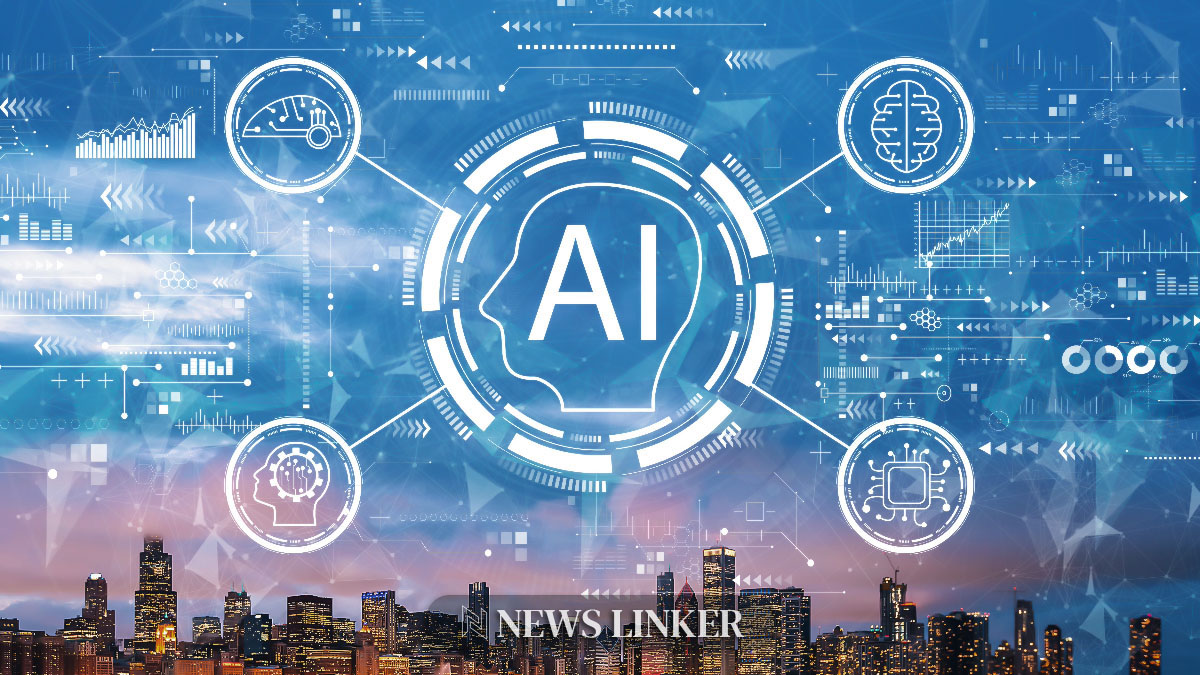The concern about the impact of memorization on the efficiency of large language models (LLMs) like GPT-3.5 and GPT-4 has been a point of discussion in the artificial intelligence community. The ability of these models to generalize and perform effectively on various types of data, including tabular data, is a primary challenge connected to their reliance on memorization techniques.
Over the years, research surrounding LLMs has consistently focused on their performance in data handling and processing. Previously, these studies have shown that LLMs tend to excel in tasks involving datasets they have been trained on but struggle with novel data. This raises the question of whether their capabilities are a result of true learning or simply a recall of training data. The issue highlights the necessity for developing methods to differentiate between the two.
What Tests Determine LLM Memorization?
To address this concern, researchers from the University of Tübingen, Tübingen AI Center, and Microsoft Research have devised various tests to gauge the extent of memorization in LLMs. These tests, including the Header Test and Row Completion Test, assess whether the model can recall details of a dataset verbatim. By examining if a model reproduces the initial rows of a dataset or completes a feature based on its training, researchers can infer the level of memorization and distinguish it from the model’s ability to learn and adapt.
What Does Research Reveal About LLM Memorization?
Research indicates that LLMs like GPT-3.5 and GPT-4 show remarkable accuracy on datasets they have memorized, but this accuracy drops when the data is altered or perturbed. This discovery suggests a potential limitation in the models’ ability to handle new challenges, relying heavily on memorization rather than learning from novel datasets. Interestingly, when dealing with unfamiliar data, LLMs do not significantly outperform more traditional statistical methods, which casts doubt on their adaptability and learning capacity.
Can LLMs Overcome the Challenges of Memorization?
The study from the University of Tübingen offers a critical examination of memorization in LLMs and its implications for model performance. Researchers have brought to light the importance of developing tools to detect and mitigate memorization to avoid overfitting and ensure LLMs’ reliability. As LLMs continue to evolve, striking a balance between memorization and generalization will be crucial to maximizing their potential and ensuring their utility in real-world applications.
Helpful Points for the Reader
- LLMs demonstrate higher accuracy on familiar datasets.
- Memorization may hinder performance on perturbed or novel data.
- Detection methods are crucial for distinguishing learning from recall.
In a comprehensive conclusion, the implications of memorization on the functionality of LLMs become evident, particularly regarding tabular data. The significance of developing strategies for detecting and counteracting memorization effects is emphasized to prevent overfitting and assure reliable model performance across various domains. The research findings contribute to the understanding of the operational dynamics of LLMs and are instrumental in guiding future advancements in AI research. The aim is for models that are as efficient at managing new situations as they are with familiar ones, navigating the thin line between memorization and generalization.










